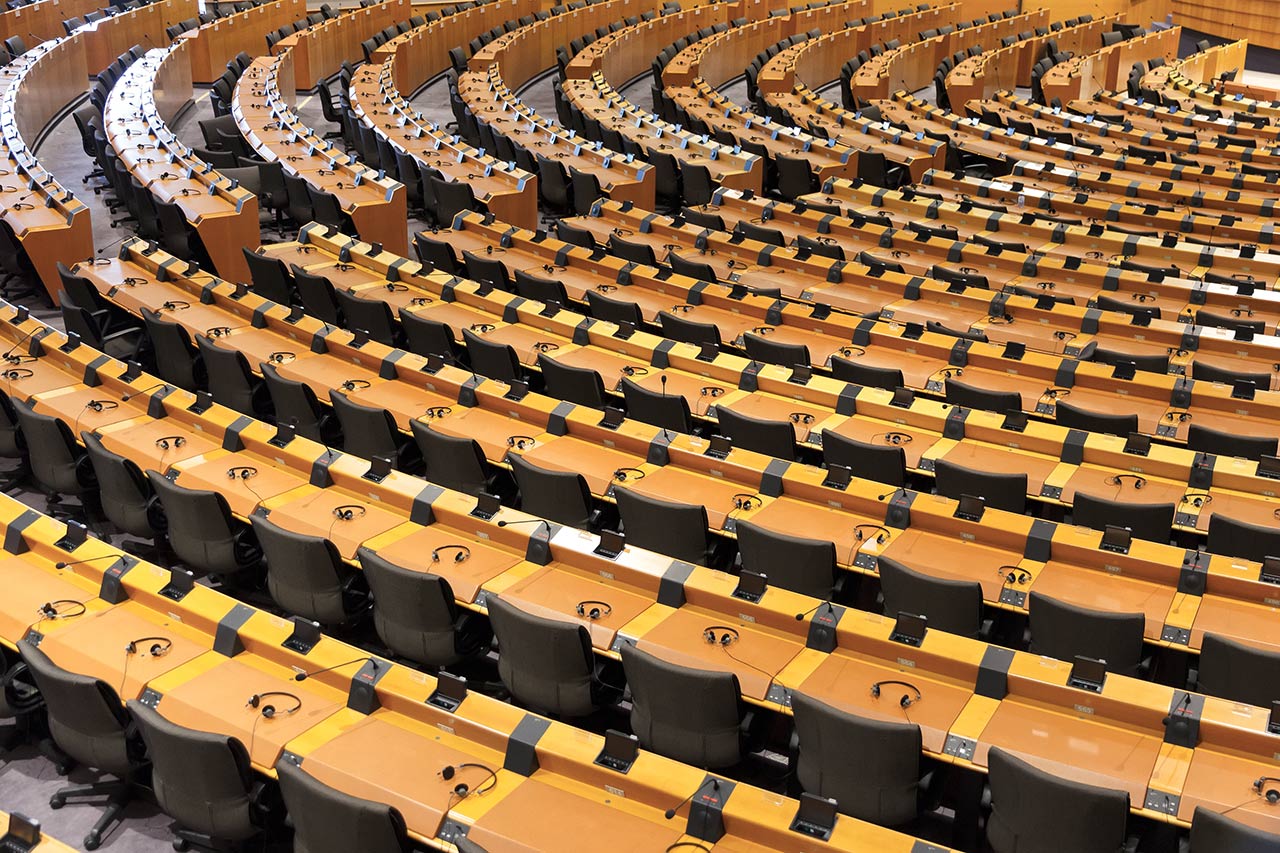The impact of Brexit on international study
There has been a significant increase in Asian students attending British universities in recent years. For example, in 2013/14, almost...
Question
What does Brexit mean for foreign students coming to the UK to study?
Answer
There has been a significant increase in Asian students attending British universities in recent years. For example, in 2013/14, almost 90,000 students from China alone attended UK universities, which represents a 50% increase since 2008/09 (ICEF Monitor, 2015). As such, Asian students have become significant consumers of education in the UK. However, there are major questions concerning the future of Asian students and indeed all foreign students coming to the UK following the vote to leave the EU in June 2016. Firstly, it is important to note that the Russell Group universities – Birmingham, Bristol, Cambridge, Cardiff, Durham, Edinburgh, Exeter and Glasgow – signed an agreement with China’s C9 League universities in October 2016, which strengthens collaborative efforts between the two as well as communicative partnerships but, although the movement of students and staff was discussed, there has been no guarantee from the government to reinforce the agreement (Else, 2016).
In terms of what this means for foreign students looking to study in Britain in the coming years, it is only possible to speculate at this juncture. As there may be no European freedom of movement, all depending on the outcome of negotiations following the triggering of Article 50, it is reasonable to assume that all foreign students may have the same restrictions and conditions placed on them. It is important to note that the there has already been a toughening of immigration rules for Indian students under Theresa May when she was Home Secretary, which imposed restrictions on students wanting to stay in the UK and ultimately led to a decline of 50% in the overall number of Indian students attending British institutions (Gulf News, 2016). If this manifests within a broader pattern then it may mean that the possibility of remaining in the UK after their university courses end will be limited for many students by the British government. Indeed, May recently refused to alter the current visa system and therefore resisted calls to adopt a more liberal approach during a visit to India (Asthana, 2016). Ultimately, the strengthening of ties between British and Asian universities means absolutely nothing for foreign students if the government does not make provision for students in their immigration planning post-Brexit.
References
Asthana, A., (2016). India Urges Theresa May to Open UK Doors to University Students. The Guardian. [Online] Available at: https://www.theguardian.com/world/2016/nov/07/india-urges-theresa-may-to-open-uk-doors-to-university-students [Accessed 15 November 2016].
Else, H., (2016). Russell Group Reaches Out to China’s Elite. Times Higher Education. [Online] Available at: https://www.timeshighereducation.com/news/russell-group-reaches-out-chinas-elite [Accessed by 15 November 2016].
Gulf News, (2016). British PM Heads to India With Eye on Post-Brexit Ties. Gulf News India. [Online] Available at: http://gulfnews.com/news/asia/india/british-pm-heads-to-india-with-eye-on-post-brexit-ties-1.1924493 [Accessed 15 November 2016].
ICEF Monitor, (2015). UK and China Strengthen Educational Ties With New Bilateral Agreements. ICEF Monitor. [Online] Available at: http://monitor.icef.com/2015/10/uk-and-china-strengthen-educational-ties-with-new-bilateral-agreements/ [Accessed 15 November 2016].
